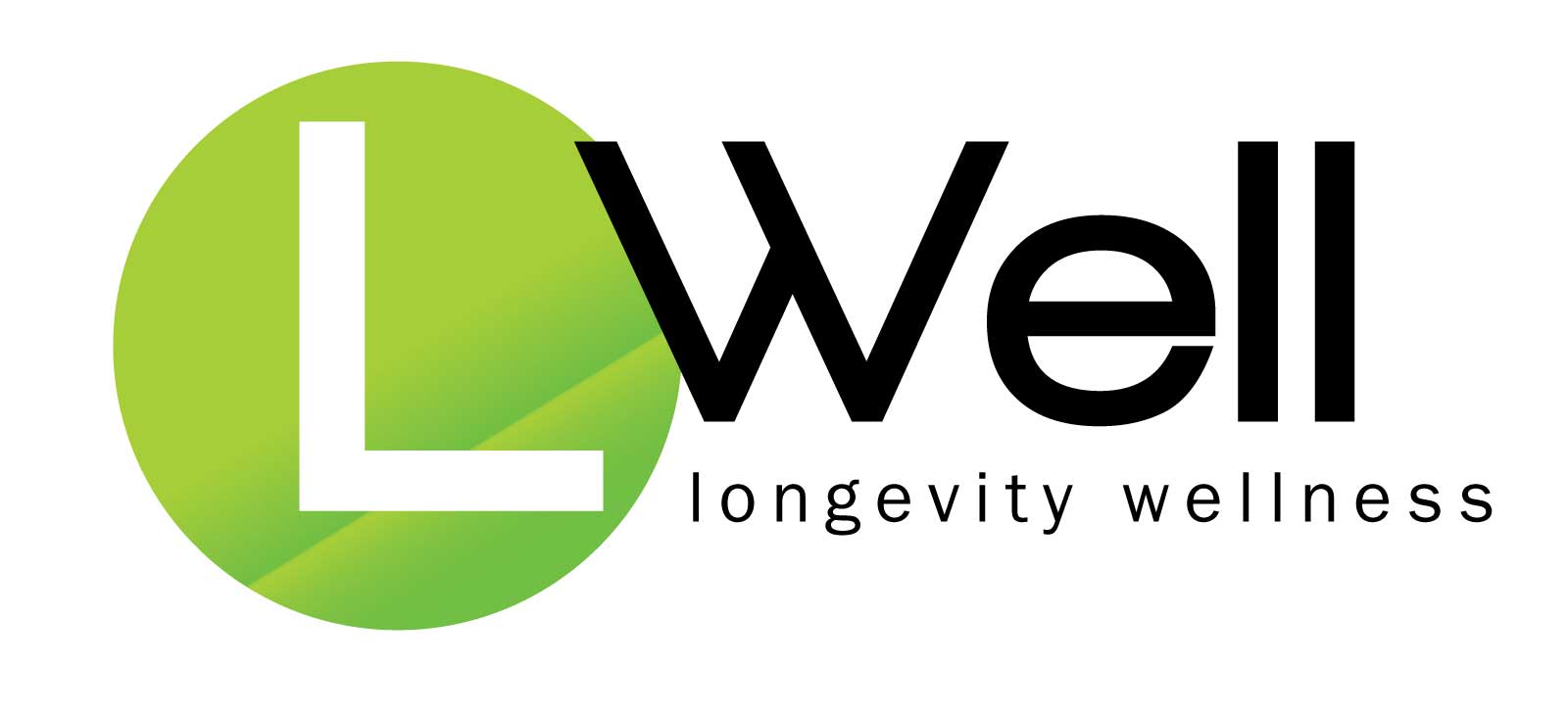
In recent years, the Keto (ketogenic) Diet has become very popular. Our bodies get energy from sugar/carbs and fats. With the Keto Diet you are consuming such a low amount of carbs that your body must switch to getting fuel mostly from fats. This diet consists mostly of high-fat foods such as avocados, eggs, meat, butter. When your body is fueled mostly by fats, it goes into a state of ketosis. When your body is in ketosis, it can burn fat at a higher rate. This diet can be helpful for weight loss, but you should not continue this diet for an extended period of time.
The Keto Diet is not suitable for everyone as there are risks associated with it. Caroline Fornshell, a Registered Dietitian Nutritionist at LWell, explains some conditions would not likely be suitable on a Keto Diet: pregnancy; hypertrophy; any history of pancreas, liver, thyroid, gallbladder disease; and any history of eating disorders.
Some of the problems associated with the Keto Diet, according to Rachel Kleinman, a Clinical Dietitian at Ingalls, are that the Keto Diet can “cause low blood pressure, kidney stones, constipation, nutrient deficiencies and an increased risk of heart disease.”
While the Keto Diet can be helpful for some, you should always consult a health professional before starting. The Registered Dietitian Nutritionists at LWell are here to help determine what works best for you, your health, your goals, and your lifestyle.
